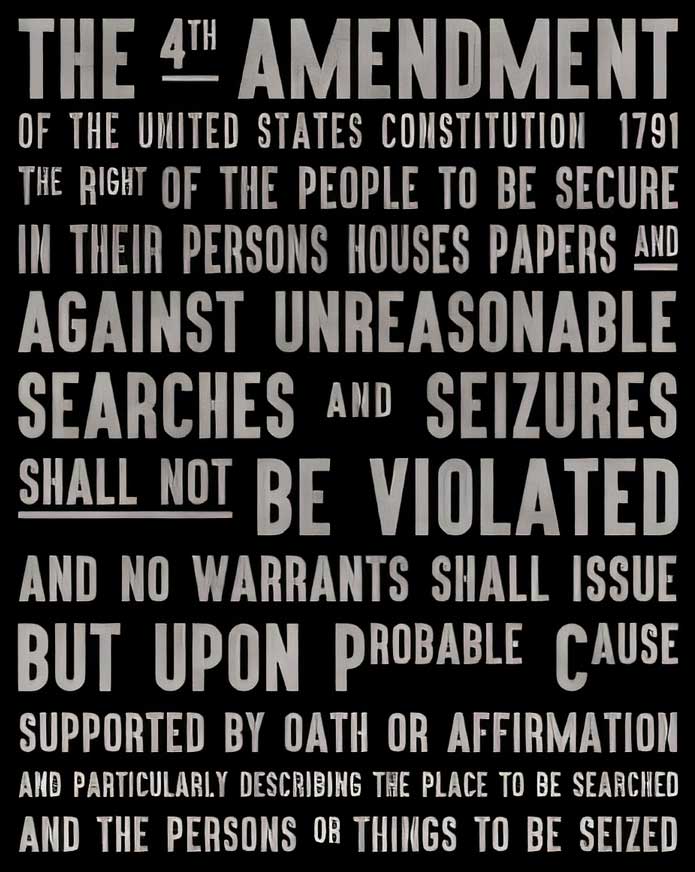Reinforcing the Warrant Requirement
Through a partnership with the New Jersey Office of the Public Defender, the firm represents indigent defendants appealing their criminal convictions. This past term, the New Jersey Supreme Court issued a unanimous decision reversing and dismissing our client “Daniel’s” criminal conviction. The court held that the state police violated the federal and state constitutions when they entered a home without a warrant or permission and arrested our client.
The decision provides much-needed guidance on the time, place, and manner in which the police may execute an arrest warrant issued by a municipal court under the Automated Traffic System (ATS) for a driver’s failure to appear when summoned regarding a motor vehicle violation. In this case, police officers suspected Daniel of criminal activity but did not obtain a warrant to arrest him for that activity. Instead, they went looking for him to make an arrest based on his outstanding ATS warrant. Daniel was standing outside when the police arrived, and then ran into a neighbor’s home. The police followed Daniel into that home, searched him, found a weapon, and arrested him. The police claimed that their entry into the neighboring residence was justified under the “hot pursuit doctrine”–an exception to the warrant requirement–and Daniel was subsequently convicted on a weapons possession charge.
On appeal, the Supreme Court agreed with our argument that the hot pursuit doctrine did not apply and that Daniel was wrongly convicted. The court explained that the ATS warrant authorized entry only into Daniel’s home, not another person’s residence. Also, because the officers knew that the ATS warrant related to a minor traffic offense, there was no need to pursue Daniel into an unknown residence to prevent the potential destruction or disposal of evidence related to that offense.
Daniel has now returned to his family and community and is rebuilding the life he had before his wrongful arrest and conviction.

